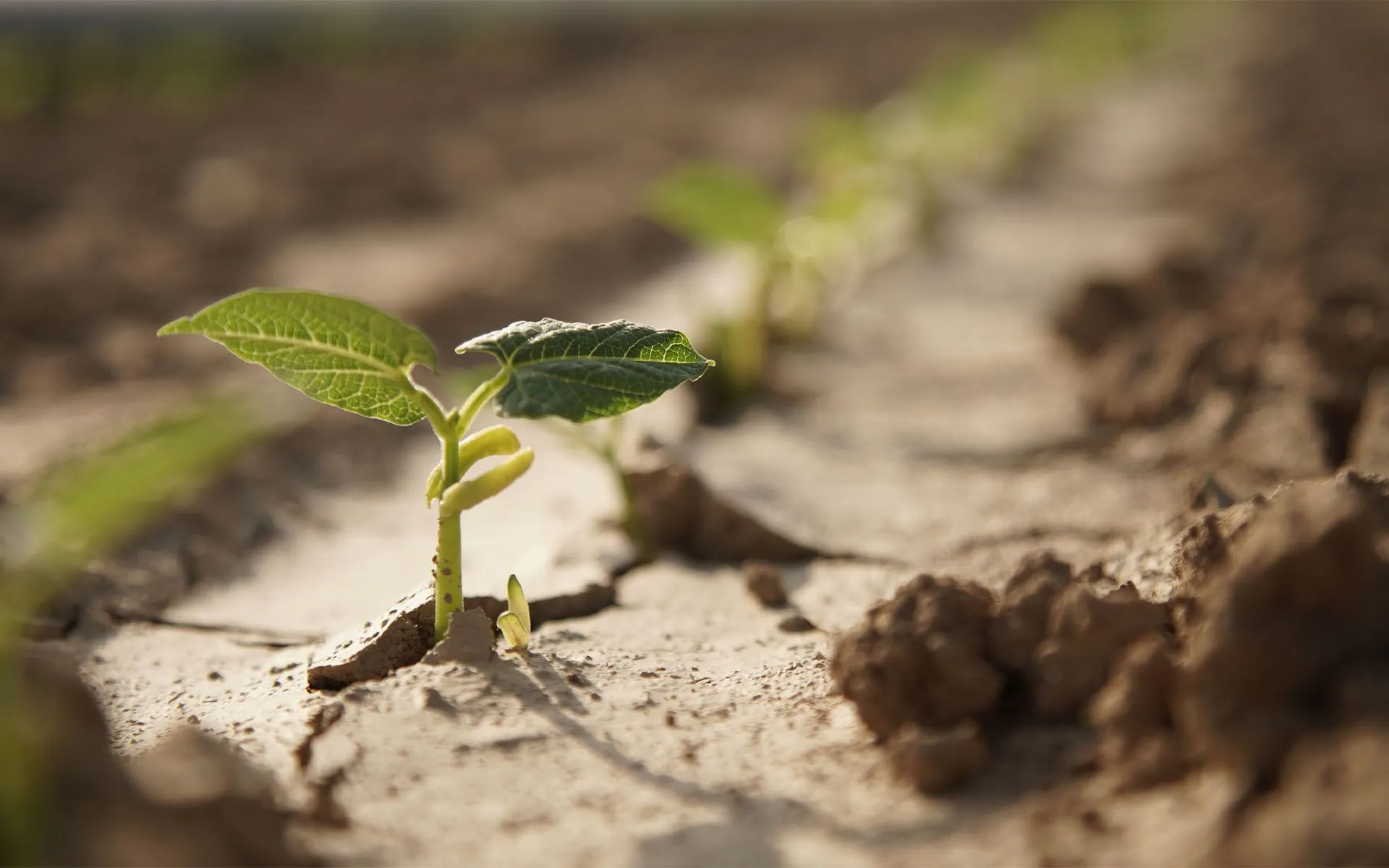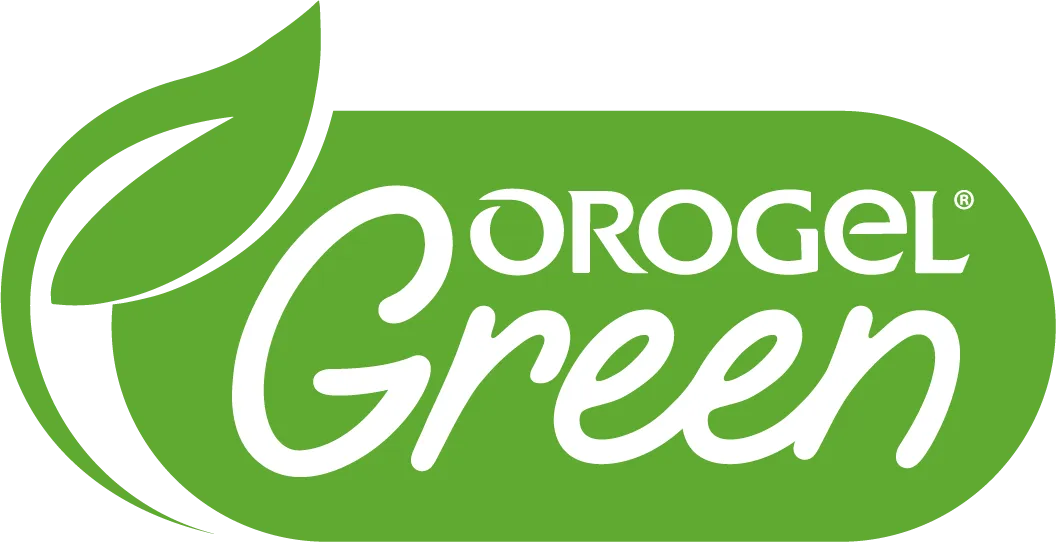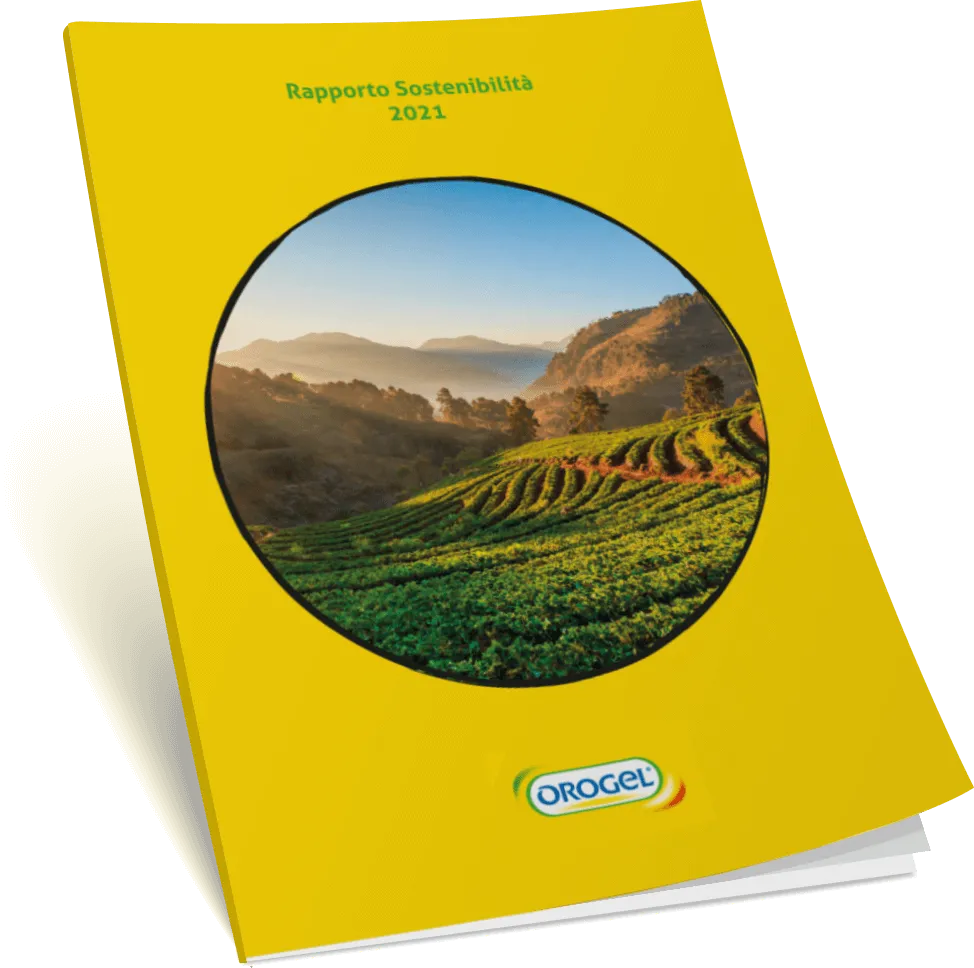Our commitment
Our commitment is a promise kept every day: being naturally sustainable. Sustainable at farming, preparing, and deep-freezing our products, as our real way of being.
We always guarantee high-quality and wholesome products as good as freshly harvested and, above all, we aim to guarantee our member farmers only the best, so that they can farm good, natural and fresh produce.


Greenhouse Gas Emissions
-26%
Thanks to the investments in the last 10 years
greenhouse gas
water
energy
Field research
Following innovation and applying it every day in agriculture means acting sustainably. Our goal is tangible: we want to reduce our environmental impact in both agriculture and production. To achieve our goal, we have launched the following projects and activities over the past 10 years:
Development of farming and mechanization techniques to start an industrial supply chain of asparagus in Emilia-Romagna.
Definition of a farming protocol for nettle to support the development of a new production segment.
Modernisation of production techniques to make agriculture more sustainable.
Definition of “Zero Residue” production strategies.
Investigation on the use of microbiomes to obtain top-quality food.
National and international research activities.

Sustainability Report
Download our document to learn more about Orogel Green. Only Italian version available.
download the REPORT
Orogel Società Cooperativa Agricola
Sede Legale Via Dismano, 2830 47522 Cesena (FC) - Italy
Service number 800 286660P.I. 00800010407
Contact us